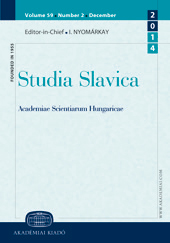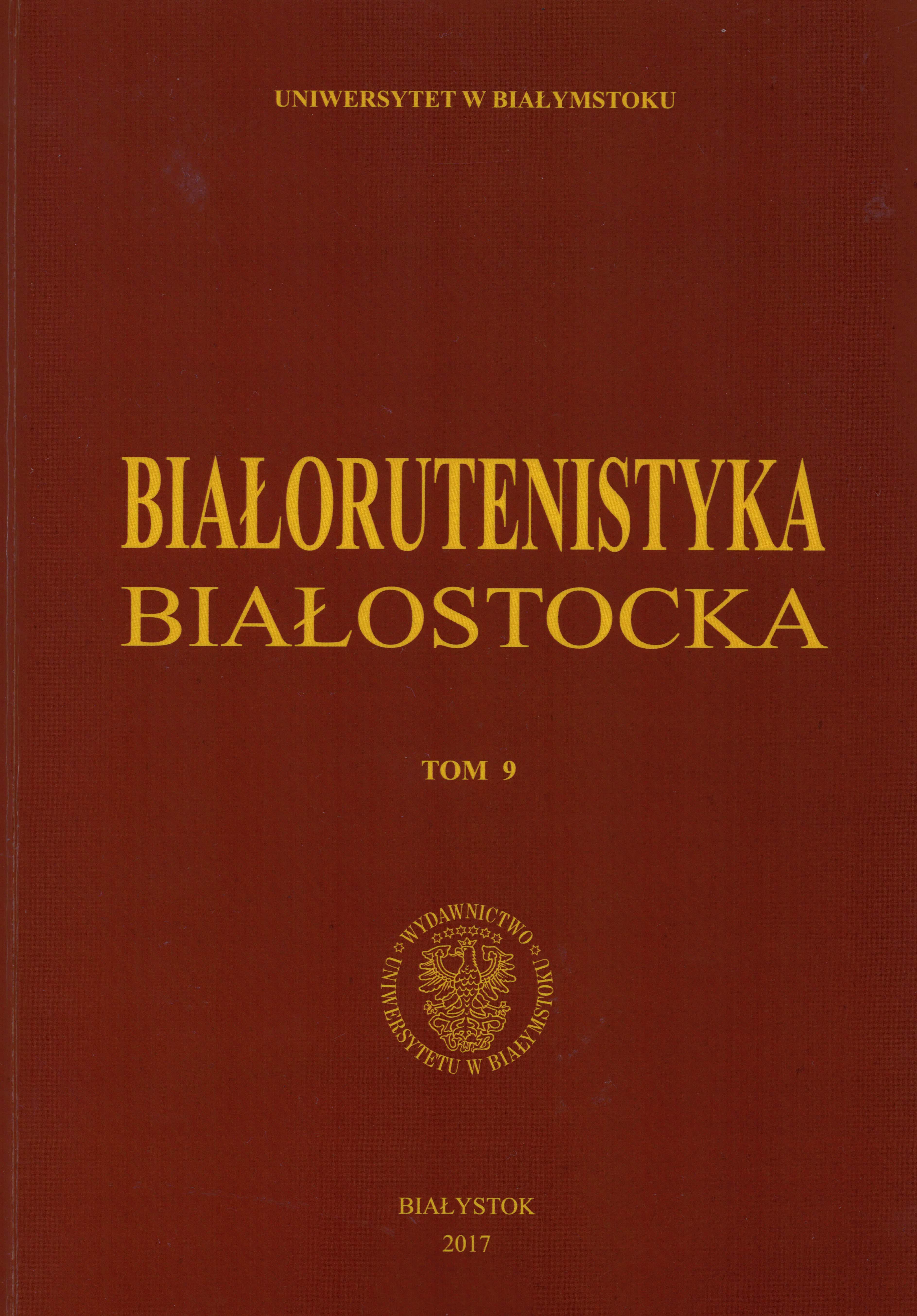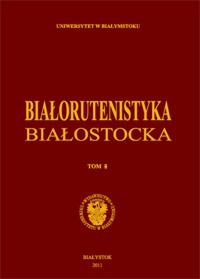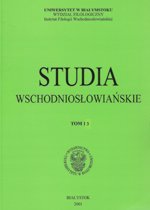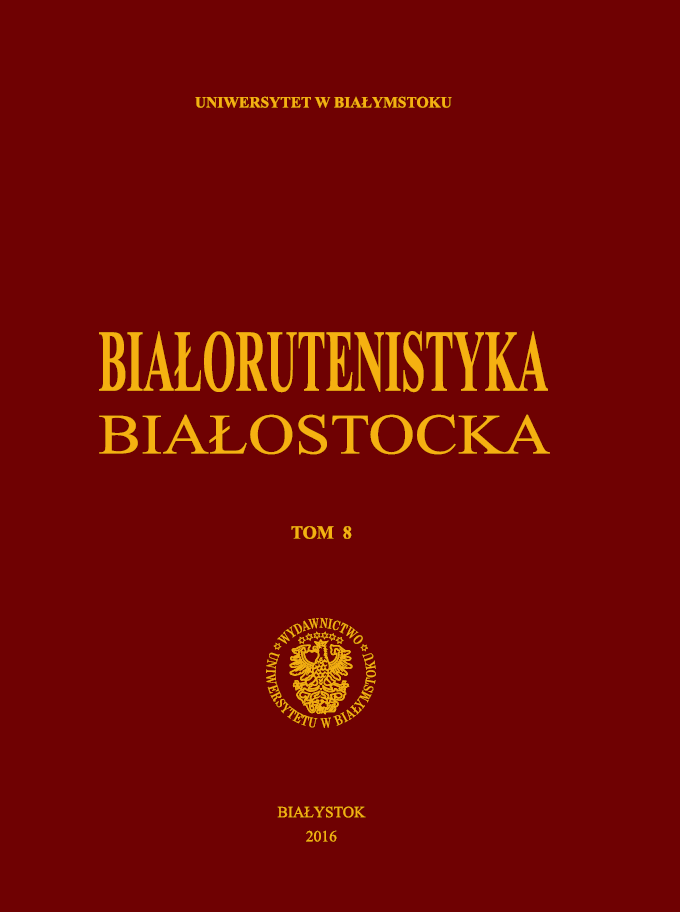
Талент разумення: да пытання метадалогii даследаванняў Уладзiмiра Калеснiка
The article discusses the role of V. Kolesnik in the formation of the Belarusian hermeneutically-oriented literary criticism. The notions of methodology of the researcher and his aesthetic position are explained through the analysis of the creative relations between the poet Maxim Tank and the critic Vladimir Kolesnik.
More...
